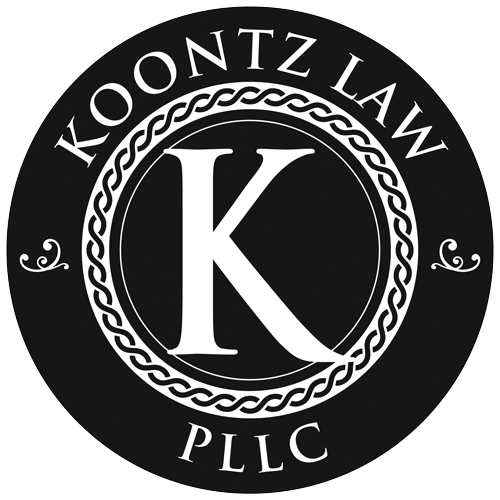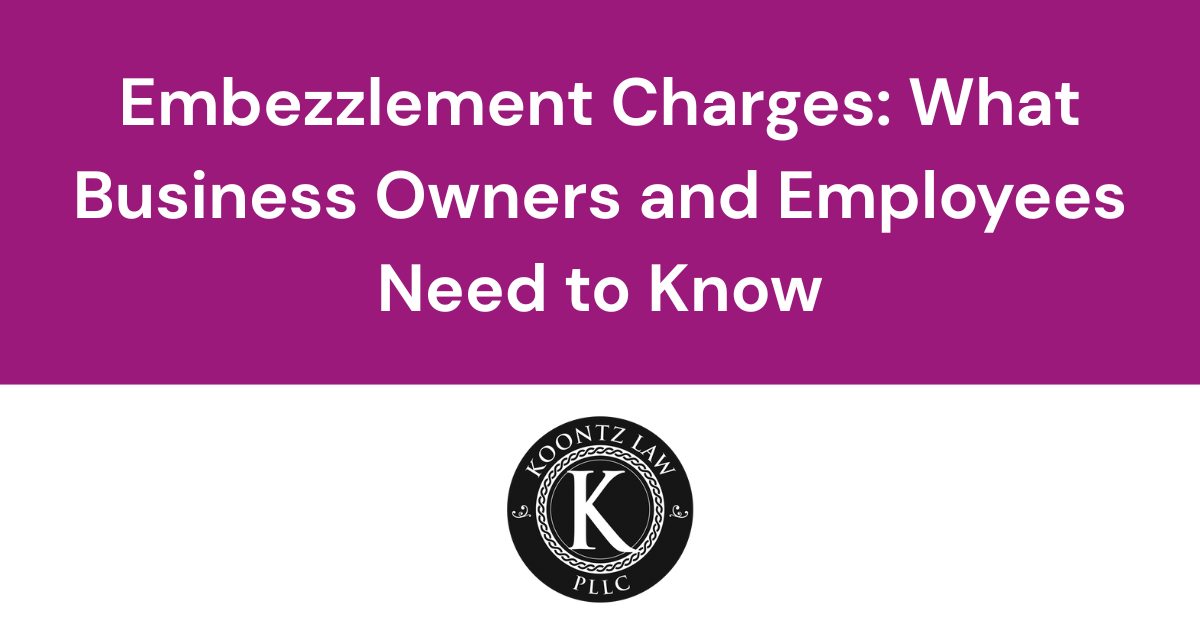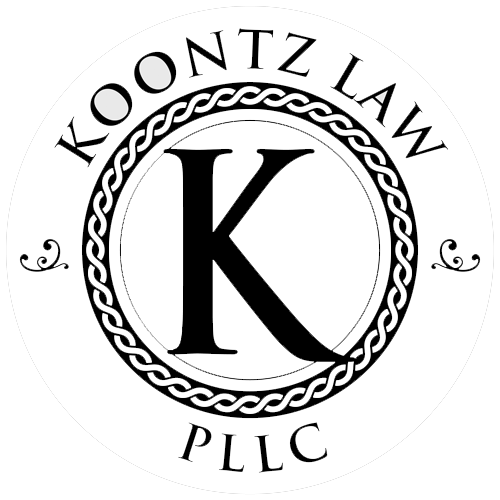How to Handle International Child Custody Disputes in North Carolina
Child custody disputes are already complex, but when they cross international borders, the stakes become even higher. International custody cases can involve multiple legal systems, international treaties, and complicated jurisdictional issues. If you are facing an international child custody dispute in North Carolina, it’s essential to understand your rights and the legal options available to you.
Understanding Jurisdiction in International Custody Cases
One of the most critical aspects of an international custody case is determining which country has jurisdiction over the dispute. In the United States, child custody jurisdiction is generally governed by the Uniform Child Custody Jurisdiction and Enforcement Act (UCCJEA), which North Carolina has adopted. The UCCJEA prioritizes the child’s home state—the place where the child has lived for at least six months before legal action is filed.
However, when international borders are involved, other legal frameworks may come into play, such as:
The Hague Convention and International Child Abduction
The Hague Convention on the Civil Aspects of International Child Abduction is an international treaty designed to protect children from wrongful removal or retention across borders. It provides a legal process for returning abducted children to their home country. If your child has been wrongfully taken to another country, or if you are being accused of taking a child unlawfully, the Hague Convention may help determine custody jurisdiction. Key factors under the Hague Convention include:
Not all countries are members of the Hague Convention, and enforcement can vary depending on local laws. If the country involved is not a signatory, resolving the dispute can be significantly more challenging.
Steps to Take in an International Custody Dispute
If you are involved in an international child custody dispute in North Carolina, it is crucial to take immediate action.
1. Seek Legal Representation
International custody cases require knowledge of both U.S. and foreign family law. An experienced family law attorney in North Carolina, particularly one familiar with international cases, can guide you through the legal process and advocate for your parental rights.
2. Determine Jurisdiction
Establishing whether North Carolina or another country has legal authority over your case is essential. Your attorney will analyze factors such as the child’s habitual residence and any existing custody orders.
3. File the Necessary Legal Documents
Depending on the nature of the dispute, you may need to:
4. Work with Government Agencies
Agencies such as the U.S. Department of State’s Office of Children’s Issues assist in Hague Convention cases and can provide resources for parents involved in international custody disputes.
5. Consider Mediation and Negotiation
In some cases, mediation or diplomatic negotiation may be the best course of action, particularly if the other parent resides in a non-Hague Convention country. Mediation can help resolve disputes amicably and may prevent prolonged legal battles.
6. Prepare for International Litigation
If the case proceeds to court, you may need to litigate in both North Carolina and the foreign country. This requires coordination between attorneys from both jurisdictions and an understanding of international law.
Preventive Measures to Avoid International Custody Disputes
To prevent international custody issues before they arise, consider the following:
How Koontz Law, PLLC Can Help
At Koontz Law, PLLC, we understand the complexities of international child custody disputes and the emotional toll they can take on families. Our experienced family law team is dedicated to protecting your parental rights and ensuring your child’s best interests remain the priority. Whether you need assistance with jurisdictional issues, enforcement of custody orders, or navigating the Hague Convention, we are here to provide compassionate and strategic legal guidance. If you are facing an international custody matter in North Carolina, contact us today to schedule a consultation and discuss your legal options.











